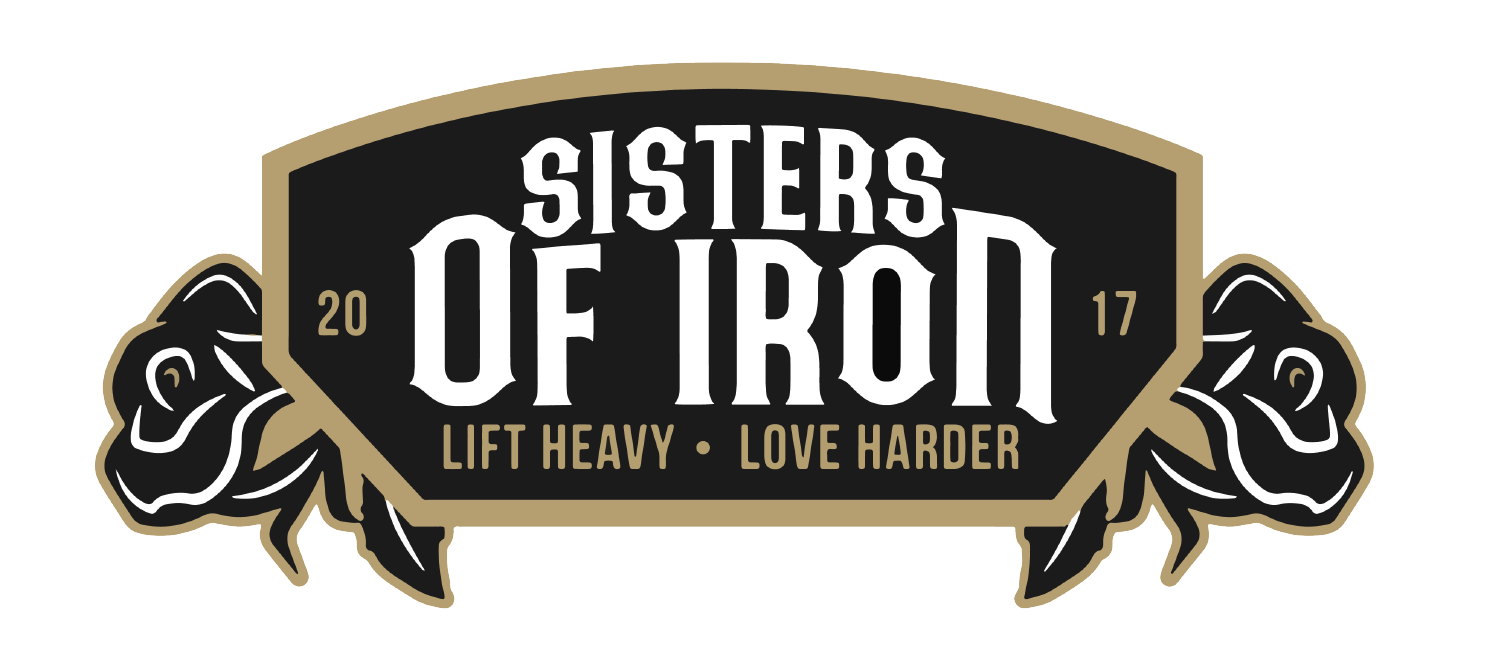Should You Be Focusing So Much On Muscle Gain? by Dr. Kristin Lander, DC, CISSN

Should You Be Focusing So Much On Muscle Gain?
By Dr. Kristin Lander, DC, CISSN
Want an easy way to increase your performance in the gym? Grab my free pre/post-training meals guide.
I have a serious question for you. Should you really be focusing so much on gaining muscle?
Before you close out your browser, yes of course, we all want bigger muscles. Building muscle has a slew of massive health benefits such as injury prevention, higher bone density, and faster metabolism. Resistance training itself lowers risk of diabetes, heart disease, cancer, Alzheimer’s, and depression. There’s also the valid theory that a larger muscle has greater strength capacity than a smaller muscle.
So yeah, building muscle is great.
But I’ve been noticing a trend in the industry over the last several years that has me a little concerned for those of us in the strength sports world.
It seems everyone and anyone in the fitness industry gives all their tips on how best to build muscle through nutrition. And while the tips are usually correct, as strength athletes we have to consider a lot of other things in regards to what our nutrition is doing for us. Sometimes the recommendations for building muscle may come at the expense of performance.
Let me explain…
One of the most common tips for building muscle is to eat 1-1.5g of protein per pound (2.2-3.3g per kilogram) of body weight. While that DOES work for building muscle, setting our protein that high means we have to reduce calories somewhere else if our goal is to maintain our body weight.
This inherently means those calories will come from either carbs or fats, or both.
Carbs are your body’s preferred fuel source, reducing them means your performance and recovery will suffer.
Fats are necessary for brain and immune function as well as hormone health. Reducing them means you may run the risk of nutrient deficiencies and imbalance of hormones (both of which will hinder your performance and health in the long run).
Think about it in terms of training. Typically if we are trying to drive a large increase in muscle size we’ll enter a hypertrophy phase of training. Most lifters know that top end strength is not built in hypertrophy phases, but rather strength building phases with heavier weights and lower reps.
This example leads us to an analogy:
Extra high protein is to hypertophy training as high protein + carbs + fats is to strength building phase.
So what’s the remedy? I’m so glad you asked! I’ve got a few:
- Please make sure the information you find online was written with you, the strength athlete, as the intended audience. There’s a ton of fabulous information out there for improving or changing your physique through resistance training. This is NOT the same as building strength in someone who cares greatly about their performance day to day and on the platform. Can you have both at the same time? Sure! But ONLY if you are following performance nutrition guidelines to get there.
- Keep your protein between the recommended 1.4-2g/kg of body weight. This will allow you to have ample carbs and fats for energy and everything else your body needs. **Fun fact: protein is not really an energy source for your body. Protein is heavily used in the body, and for far more than building/repairing muscle, but it doesn’t really provide us with a lot of energy. Fats and carbohydrates are where our body gets its energy to get us through the demands of the day.**
- In maintenance phases, keep fats somewhere between 25-30% of your total daily caloric intake for optimal health.
- Set all the rest of your calories as carbohydrates. This is how you become an unstoppable beast in the gym. Doing this will allow you to train hard and recover harder. For an exact breakdown of when to consume your carbohydrates to get the most out of your training grab my free pre and post-training meals guide.
In conclusion, building muscle is great. We should definitely set that as a goal! Just don’t become so singularly focused or distracted by all the muscle building media out there that you forget you need your nutrition to do SO much more for you. If you set protein just high enough to get the benefit, but also focus on the other macronutrients appropriately, you will see your performance, strength, and probably mood and energy increase by leaps and bounds!

Leave a comment